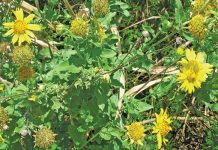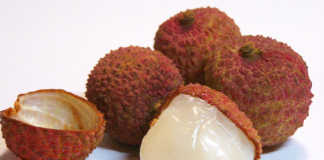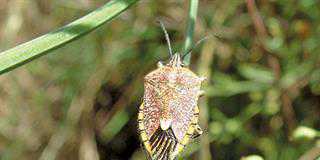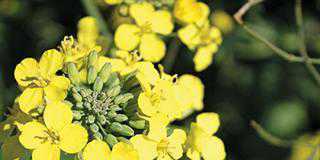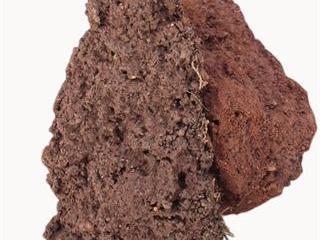
In past articles, we’ve discussed the main soil types, but have covered only the physical and mineral content of the soils.
In this article, we look at how you can improve the organic content and other properties, of your soil, thus making it healthier and more productive.
Remember, the costs of seed, cultivation, irrigation and crop chemicals remain basically the same whether your soil is properly fertilised or deficient. If it is deficient, however, your yield will be considerably lower. So it makes economic sense to have properly fertilised soil.
Firstly, determine what minerals the soil contains. Soil not only holds the plant in place; it provides food for plant growth. The amount of these nutrients, as well as the ratio between them, varies greatly from soil to soil and from region to region.
Plants that don’t have all the necessary minerals in the right proportion will not be healthy.
The best way to determine what is in your soil is to have it analysed. If you have a larger farm and need a fair quantity of soil analysed, some companies will do this analysis for free. If you have a smaller plot, you will have to take another approach (see panel).
Lime
In most areas of South Africa, it’s necessary to apply agricultural lime to the soil. The phosphate content is also likely to be low, unless the soil has been commercially farmed in the past. To fix this deficiency, you will need to apply chemical fertilisers such as superphosphate, or use poultry manure.
The next step is to increase the organic content of the soil. Organic matter (humus) coats the soil particles like glue, binding nutrients and water and making the soil rather like a sponge. It aerates it, allows water to penetrate faster, enables the soil to hold more water, and prevents nutrients from leaching.
Organic matter also increases the beneficial microbes, reducing disease and making nutrients available to the plant from minerals in the soil. As organic matter increases, soil fertility improves, less water is required, diseases are less destructive, eelworm is reduced or eliminated, and the soil becomes easier to cultivate.
Compost
There are two ways to improve the organic content. The first is to apply compost, manure, mulch or crop residue. In many areas, it’s cheaper to get your soil nutrients from manure than to use chemical fertilisers – in fact, you’re getting the trace minerals and plant growth stimulants for free. Organic fertilisation also releases nutrients more slowly, which is better for your plants.
The other way of increasing the organic content is to cultivate the soil as little as possible. (Cultivation in this sense means preparing the ground for planting.) Initially, it may be necessary to work the manure, lime and so on into the soil. After this, you can fertilise by placing the manure or fertiliser on top of the soil.
Cultivation may be necessary if you’re using a planter, but this should be done sparingly. The more the soil is disturbed or mechanically aerated, the more organic matter will be lost. Mulch can also be used to smother weeds, keep moisture in the soil and feed the soil as it breaks down. Gradually, the soil will improve and become more productive.



